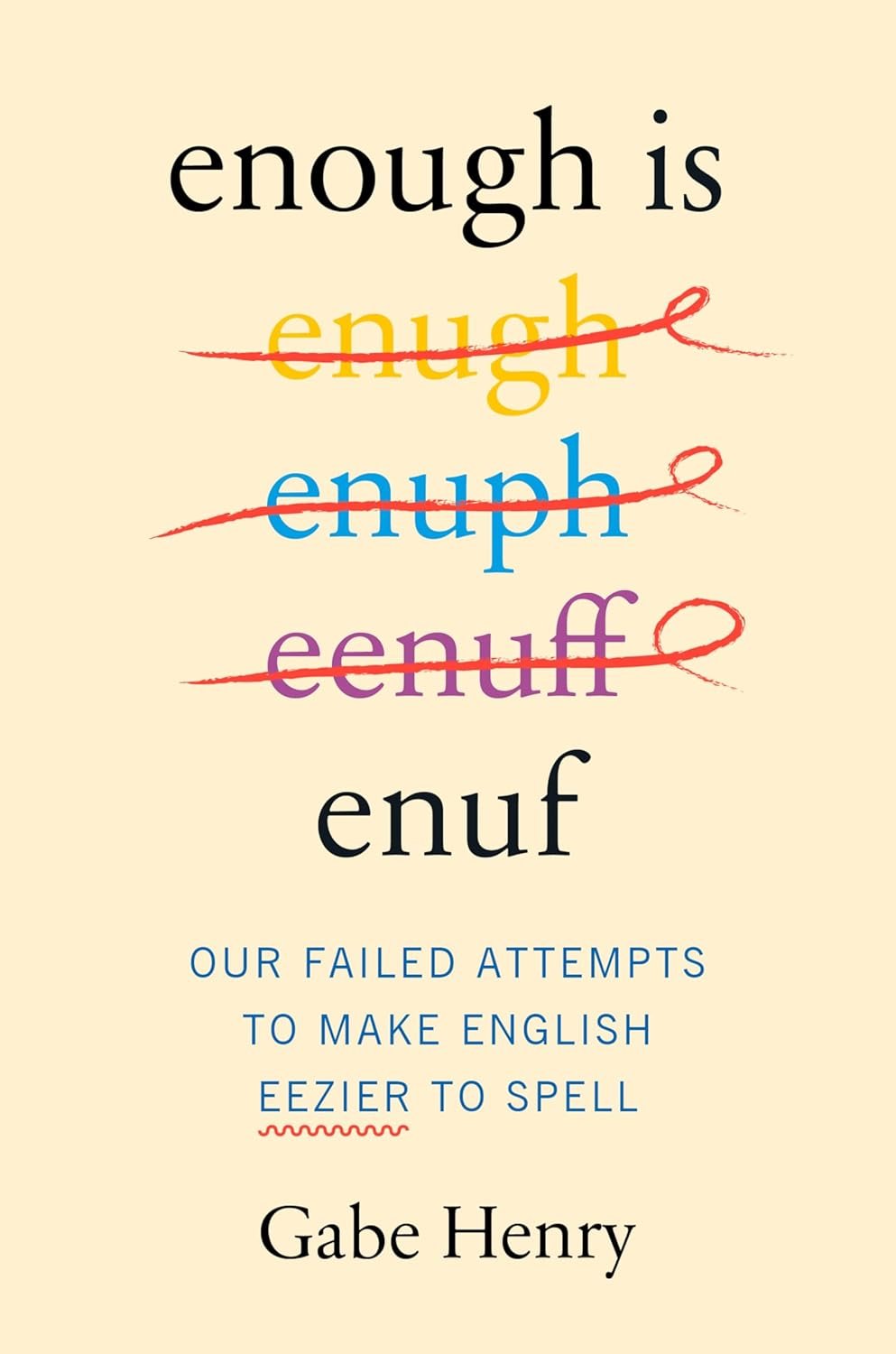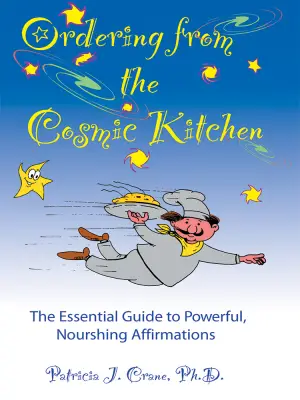
08 Jul Book Review of Enough Is Enuf: Our Failed Attempts to Make English Eez…
Enough Is Enuf: Our Failed Attempts to Make English Eez… by Gabe Henry: A Delightful Journey into the Wild World of English Spelling
As someone who has spent countless hours pondering the quirks of the English language, Enough Is Enuf: Our Failed Attempts to Make English Eez… by Gabe Henry effortlessly captured my attention. The title itself is such a playful nod to the very subject it explores, and I couldn’t resist diving into this amusing history of the simplified spelling movement. After all, when was the last time you found yourself struggling with the silent "gh" in "enough"? If you’ve ever cringed at our beloved language’s inconsistent spelling, this book is for you.
Henry takes us on a cheerful, chronologically arranged journey that spans from the Middle Ages to our contemporary age, documenting the myriad attempts to simplify English spelling. With the claim that English has 26 letters to denote 44 sounds, he illustrates why our orthography often leaves language lovers baffled. The various proposed spelling reforms—some more absurd than others—are not only entertaining but serve as a keen reflection of how deeply our language intertwines with culture and society. Who knew that Mark Twain and Theodore Roosevelt were up for such mischief in the realm of spelling?
What genuinely impressed me was Henry’s approach to presenting this information. His writing is both engaging and informative, peppered with humor that had me laughing out loud on more than one occasion. The anecdotes of reformers valiantly attempting—and often failing—to eradicate silent letters or introduce new alphabets brought forth a sense of camaraderie among the frustrated readers of English. I felt a kinship with the reformers as they took on a seemingly Sisyphean task, trying to bring rationality to a language that has long revelled in its chaos.
Henry meticulously gathers examples of grotesque spelling variations that make “ghoti” seem reasonable, which dragged me through a rabbit hole of linguistic whimsy. However, I did wish for a bit more context on the ramifications of our convoluted spelling—perhaps a comparative look at how other languages tackle similar challenges. Despite this absence, Henry’s narrative remains riveting, especially with his attention to the influential figures and organizations that tackled this issue head-on, including reports from the U.S. government and Chicago Tribune. The book culminates on a surprisingly optimistic note, showcasing how simplified spelling is weaving its way into our modern lexicon via text messages and even brand names—who would have thought emojis would be part of the revolution?
While I pondered Henry’s eye for comedic detail, I also found myself reflecting on the future of our spelling landscape. He tantalizingly hints at a dual system where older generations continue with traditional spelling while younger ones embrace simplified versions. This raises fascinating possibilities for our digital age, and I couldn’t help but wonder if such a transition could indeed happen effortlessly.
Ultimately, Enough Is Enuf isn’t just for linguistics enthusiasts; it’s for anyone who has ever felt the rash indignation of “why do we spell it that way?” With warmth and amusement, Henry invites readers to explore the history, the chaos, and the joyous absurdity of English spelling. Whether you’re a student, a teacher, or simply a baffled lover of language, you will find a kindred spirit in this delightful book. It’s a reminder that, even in strife over spelling, we are united in our shared experience of language—and that’s a beautiful thing.
Discover more about Enough Is Enuf: Our Failed Attempts to Make English Eez… on GoodReads >>









